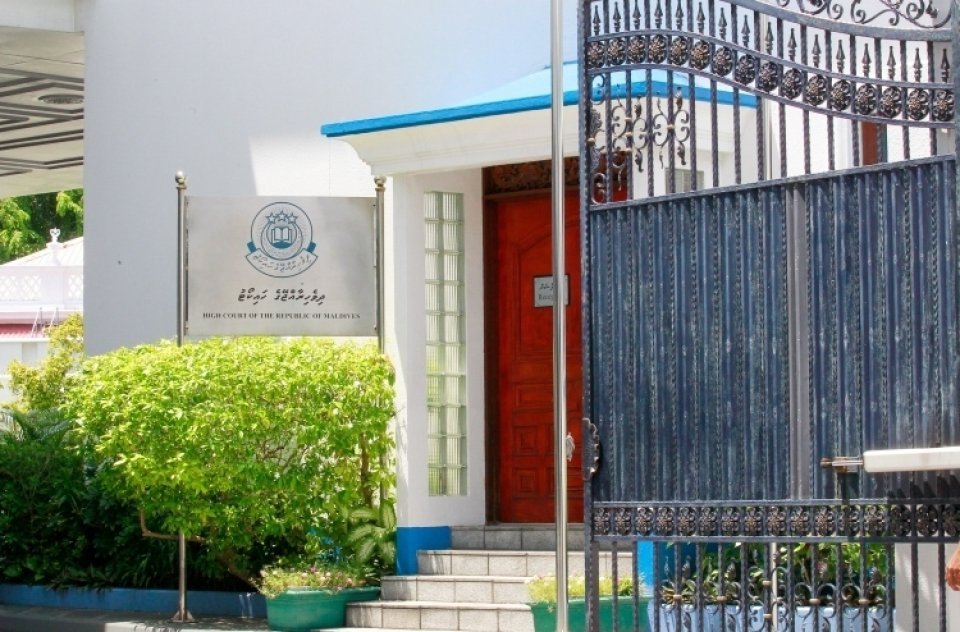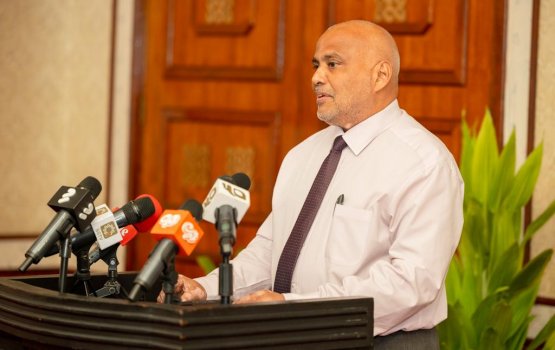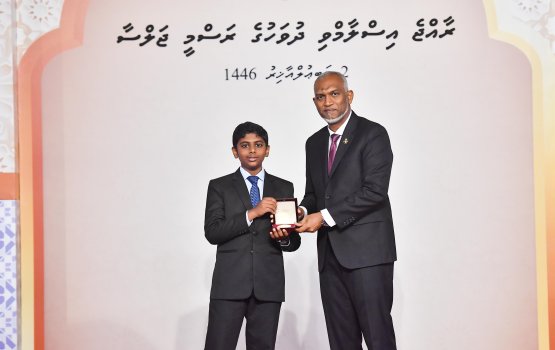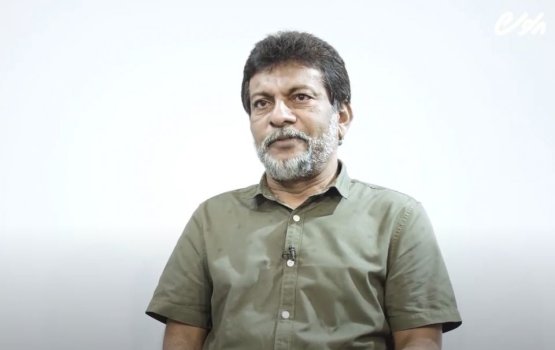The High Court of the Maldives has ruled that a DNA paternity match cannot be used to prove that a person committed Zina (Adultery).
The High Court quoted Islamic Sharia for its ruling.
The Court made the ruling in a case initially filed at Dhaalu Kudahuvadhoo Magistrate Court that charged Mohamed Thaufeeq of Thaaju, Kudahuvadhoo, and Fathimath Shameema of Ali Shaviyani Goidhoo of committing adultery. The magistrate court had acquitted Thaufeeq from the adultery charge and the High Court had supported the lower court’s decision.
The High Court said that in Islamic Sharia claims can be proven in court through confessions and testimonies and that adultery can be proven through these two vessels.
It said that adultery can be proven through the confession of the accused and the testimony from four men of legal age.
Both the courts have said that although the accused Thaufeeq had denied the charge of adultery, the woman had confessed that the child that she gave birth to on 13th April 2016, was born after both of them had committed an unlawful sexual act and subsequently adultery. The courts also said that a paternity test between the said child and the accused Thaufeeq had been a match.
The High Court ruling also said that the whole case is built on the basis that the woman had accused the Thaufeeq of fathering the child and the child’s DNA matched with that of Thaufeeq.
The High Court also said that if a defendant is found guilty of an adultery charge solely based on the testimony of the woman who had committed the unlawful act with him and on a matching DNA paternity test, the verdict may play a vital role in determining the legal guardianship of an innocent child and subsequently might hinder the child’s whole future as a result.
The court also noted that Thaufeeq had denied the adultery charges and the testimonies of four men had not been submitted against him in the case.
The High Court in its ruling said that according to Islamic Sharia, denial of paternity can only be proven through Lian or Mutual repudiation and a DNA match of a paternity test cannot be used as admissible proof to prove paternity.
The Hight Court also quoted the Highest Assembly on Islamic Fatwa that states that it is prohibited to use DNA testing to prove the paternity of a child born out of adultery.
The controversial ruling had met with ire from the Maldivian social media community with some labeling it as a major setback in the fight to protect the rights of women.
Former Foreign Minister and current UN Special Rapporteur on Freedom of Religion or Belief Ahmed Shaheed said that High Court’s ruling promised impunity to rapists. He called on the parliament to pass a law to protect the rights of women and girls and that the Maldives should learn lessons from others.
Famed Women’s Right activist and recipient of the International Women of Courage Award Aneesa Ahmed tweeted saying that the case needs to be heard at the Supreme Court.
She said that she cannot understand why the High Court had to take into account the Fatwa Committee’s decision when it apparently doesn’t have any bearing on the matter.








